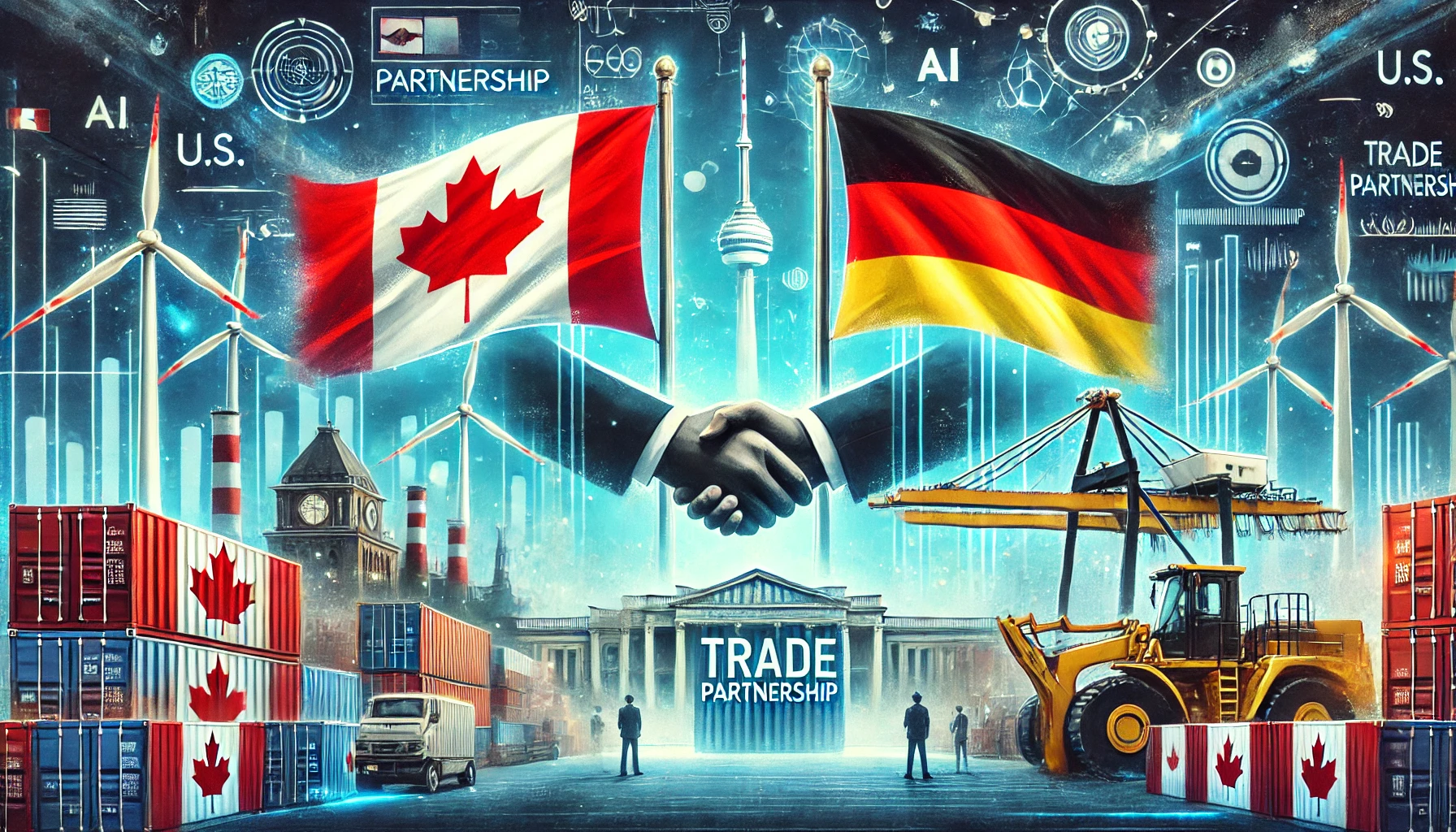In response to escalating U.S. trade protectionism, Canada and Germany are intensifying efforts to diversify their trade partnerships and reduce reliance on American markets. This strategic shift aims to strengthen economic resilience amid threats of steep U.S. tariffs on imports from both nations.
Germany’s Ambassador to Canada, Tjorven Bellmann, has highlighted ongoing collaborations between European diplomats and corporations to enhance transatlantic trade. These efforts are particularly focused on leveraging the Comprehensive Economic and Trade Agreement (CETA) signed between Canada and the European Union in 2017. While CETA provides a robust framework, both sides acknowledge the need to identify and capitalize on specific opportunities to fully realize its potential.
A significant milestone in this collaborative endeavor is Canada’s designation as the official partner country for Hannover Messe 2025, the world’s premier industrial technology trade fair, scheduled from March 31 to April 4, 2025, in Hanover, Germany. Under the theme “The future’s here,” Canada plans to showcase its advancements in automation, energy, digital transformation, and green technology. Over 200 Canadian companies are set to participate, demonstrating the nation’s commitment to innovation and sustainable solutions.
François-Philippe Champagne, Canada’s Minister of Innovation, Science, and Industry, emphasized the significance of this partnership:
“Canada is honored to be Partner Country at HANNOVER MESSE 2025. This is an opportunity for Canadian businesses to take center stage and demonstrate their innovation and solutions to accelerate industrial transformation.”
The impetus for Canada and Germany to strengthen their bilateral trade relations has been amplified by recent U.S. trade policies. President Donald Trump has proposed imposing a 25% tariff on Canadian imports and a 10% tariff on Canadian energy, measures that have prompted Canada to consider retaliatory tariffs on U.S. goods.
Liberal MP Ryan Turnbull articulated Canada’s strategic pivot towards Europe as a counterbalance to U.S. trade threats, underscoring the importance of solidifying alliances with European partners to mitigate the impact of American protectionism.
As the global trade landscape becomes increasingly complex, Canada and Germany’s concerted efforts to diversify trade relations reflect a proactive approach to economic stability. By deepening partnerships and exploring new markets, both nations aim to reduce vulnerability to unilateral trade actions and promote a more resilient global economy.

